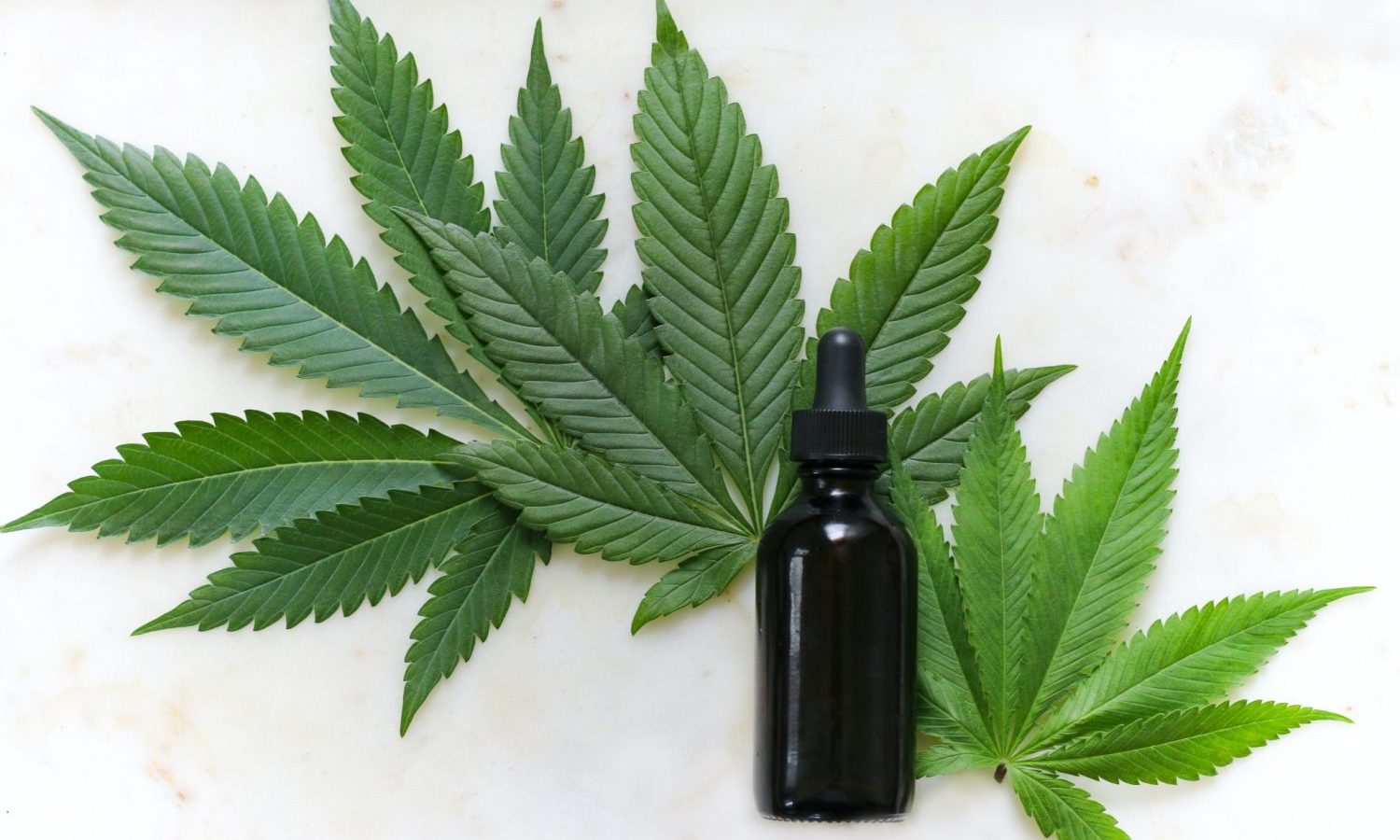
It’s been pretty clear over the last couple of years that not everyone has been in the cannabis business to build a thriving new cash crop industry. The stories of startups making claims about growth and sales, enticing investors, then bailing with millions in ill-gotten gains, have become part of the early history of this industry. Business fraud seems almost endemic right now.
Earlier issues of allegedly synthetic cannabinoid products being sold at truck stops, which were actually a green leafy substance sprayed with a chemical that caused agitation and hallucinations, were really the first instances of product fraud.
In 2019, the vaping crisis hit the industry, where investigations revealed that there were groups of people packaging oils into cartridges that were actually cut with a substance that turned to tar inside the lungs of the user.
RELATED: How To Spot A Fake Vape Cartridge Before You Buy It
Bootleggers sold, and continue to sell, fake oil cartridge products filled with questionable oils and using packaging of legitimate manufacturers, likeKingpen,Heavy Hitters, andDank Vapes. Dank Vapes is a vape cartridge seller and an empty cartridge wholesaler, and wasnamed by the CDC in their investigation as one of the vape culprits responsible for the outbreak.
RELATED: Fake Cannabis Vapes Are Everywhere And Poisoning Folks
Making cannabis oils is not that hard to do. Many early oil manufacturers and extractors did it in their kitchens before cannabis was legalized. Diluting it with some chemical additive helps stretch the batch.
Making the product look like an official industry compliant product is pretty easy, too. Just go tolabelvalue.com. There you will see a number of purported California Proposition 64 regulatory or warning labels that anyone can buy and stick on a package. No license from the state is needed, just an Amazon account. Or go to instocklabels.com and you can buy state compliant labels for eight other states.

Anyone can buy these labels. Some say indica or sativa, or allow you to check a box for indica or sativa. Some allow you to fill in a box for the THC level, andfill in another box for strain name.
RELATED: Why That CBD Oil You Just Bought Might Be Bogus
Hey, it’s legitimate. A quick bottom-of-the-page disclaimer (“Note: LabelValue is not responsible for adherence to labeling guidelines or regulations for any industry application. Please ensure your use of labels is compliant with the regulations in your industry.”) allegedly gets the label maker off the hook.
And there you go — a legitimate looking cannabis product straight from the dispensary that some guy put together in his basement that has who-knows-what in it.
If you are a somewhat integrity-challenged dispensary owner and sales are slumping, then you hear that Blue Dream is a top seller in the area? No problem. Just write “Blue Dream” in the strain label box, stick it to a bottle, dump in whatever strain you need to move, and sell it.
RELATED: FDA Warns CBD Companies For Violations
Sure,California cannabis labeling law is pretty specific about what should and should not be on the label, even describing the point size of the copy. But they can only do so much against the thousands of bad players in the state.
In contrast,Oklahoma’s labeling laws are pretty basic. Labeling models are a low priority for that state.
It’s you, the buyer, who must be on the watch. Don’t buy from a guy at a party or a dude from the local frat house. There are plenty of legitimate operators who actually want to help the industry get over these growing pains, create good and safe products, and beat down the illicit market. It just takes time. And due diligence.



